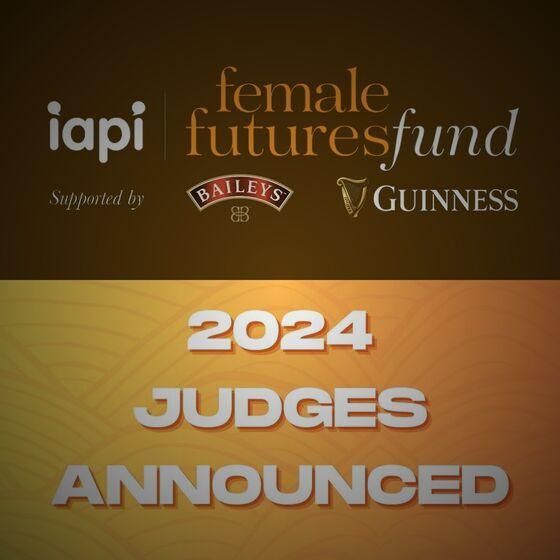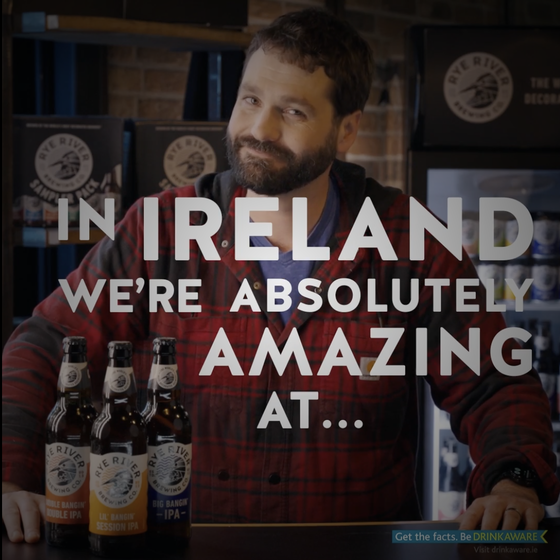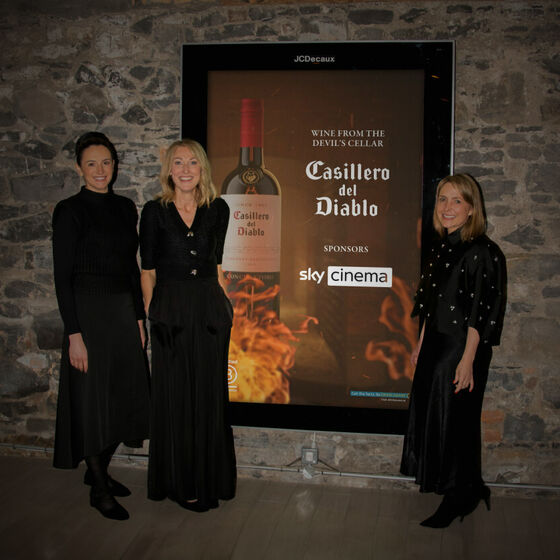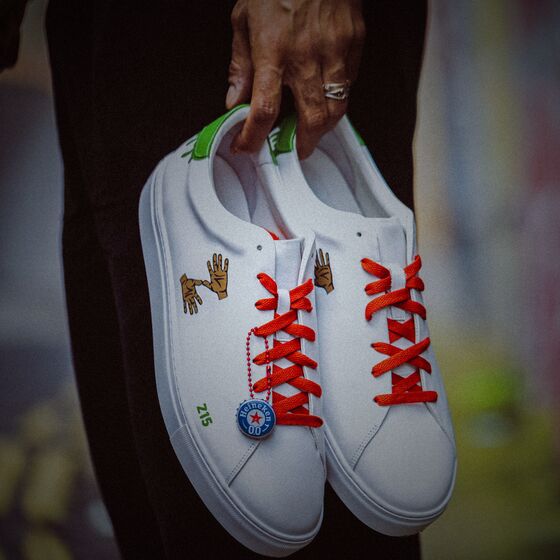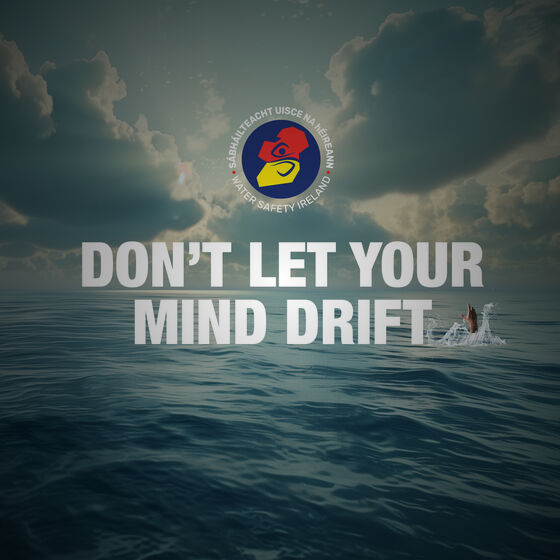Consumer psychology has changed and will continue to change throughout 2020. From large corporations to SMEs, brands find themselves in a fight for survival, as do certain portions of the population. In order to understand this changing landscape, the strategy and insights department of IPG Mediabrands Ireland created a crisis consumer psychology tool to help brands understand the ways in which their core consumers change and adapt during a crisis. The tool was launched in early April and has since been deployed globally.
This crisis consumer tool owes its rationale to the work of John Quelch, the seminal researcher in the field of recession psychology. In 2009, amidst the great recession, Quelch led a body of work, grouping consumers into four distinct segments in a bid to help marketers understand the sudden shift in recessionary consumer behaviour.
IPG Mediabrands expanded on Quelch’s work to represent, not just a financial crisis, but a public health crisis too. Integrating leanings from the last recession, current consumer psychology, and CV19 consumer insights, IPG Ireland built four distinct crisis consumer profiles that represent the population.
A brief snapshot of these segments include:
These are consumers who have been furloughed, lost their job or incurred substantial financial strain since the CV19 outbreak. As a result, they have significantly reduced their spending by eliminating, postponing, or substituting pre-pandemic purchases for the cheapest alternatives. Growing uncertainty and financial strain will intensify feelings of vulnerability and fear, as their mentality shifts towards a scared survivalist mindset.
These consumers are more financially resilient and share an optimistic outlook on their ability to manage the pandemic and impending downturn. They will, like most other consumers, incur some financial loss throughout the pandemic, whereby their initial optimism will verge towards fear and frugality, leading to purchase postponement and an essentialist mindset. They represent the largest segment in the population, and are accustomed to a lifestyle that encourages consumption. For these reasons, this segment is key to restarting the economy.
These consumers are younger, more urban and more likely to work in the gig economy or service sector. Given their Carpe Diem mentality, they will continue spending as normal, only deferring the largest purchases. While they are fearful of the current situation, frustration is the greater emotional feature as this audience is more accustomed to spending on experiences rather than stuff. They will look for new ways to stay entertained, while redistributing their spending, as dining out, travel plans, and meet-ups are less viable options.
These consumers tend to be the top 10% of earners in a market, or otherwise confident in their financial situation (e.g. richer retirees), and will not significantly change their day-to-day spending. However, they may review or hold off larger investments during periods of uncertainty. With the high street shut down, they will gravitate towards online options, and for some, it will be their first time engaging with eCommerce platforms.
IPG Ireland took these consumer profiles and built them into their propriety tools. Each profile was layered over client’s existing segmentation to provide unique insights into each segments emotional mentality, purchase instinct, consumption priority, lifestyle disruption, and media footprint. These insights then generate a playbook to help brands identify how they can still connect with their core consumers in an appropriate and meaningful way. As 2020 evolves, these playbooks are flexible and designed to be relevant in the moment. They are updated every three months to identify where the core consumer lies along the spectrum, generating new consumer insights and an up-to-date media footprint while identifying key brand actions for each stage.
In early April, the strategy and insights department in IPG Ireland rolled out its crisis consumer tool with local clients, helping them understand their core consumers through the lens of crisis psychology. By late April, the tool had gone global with many EMEA markets, the Americas and APAC adapting it for international clients. Given its now global presence, and the positive impact it has had for some of the top global brands, the main aim of the tool has been achieved - to take a human-centred approach, rather than a business-centred approach, in helping brands understand consumers, connect with consumers, and still win with consumers amid a crisis.





